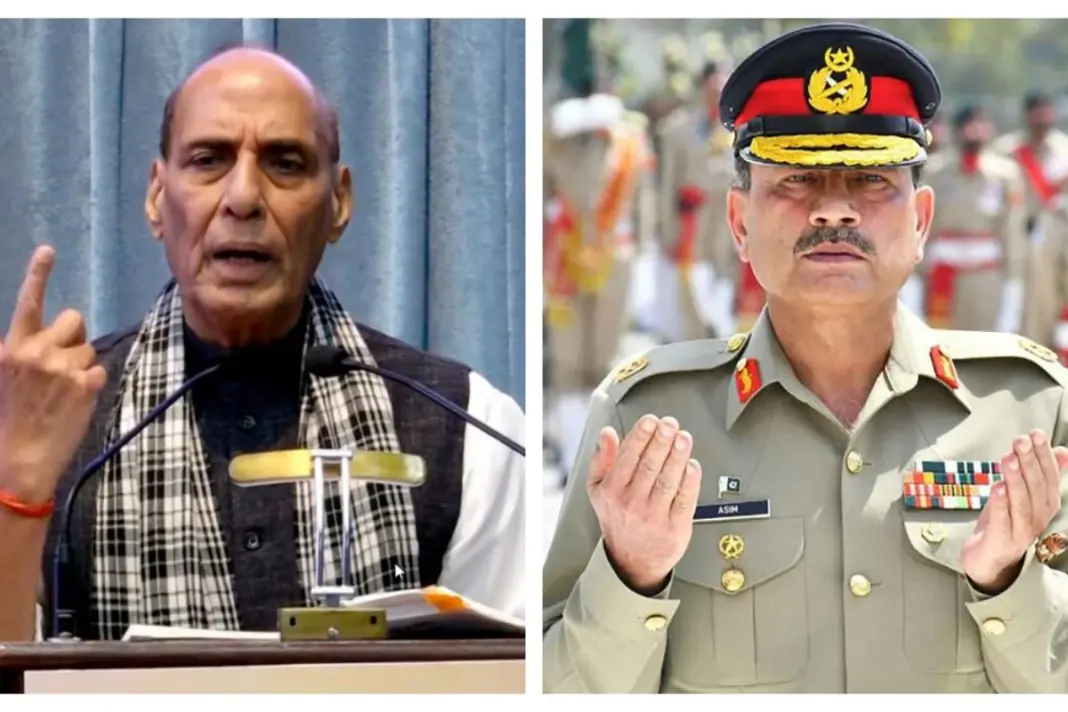Defence Minister Rajnath Singh sent the Indian political and historical world into a frenzy with a remark where he implied borders are not permanent and that the Sindh region could return to India. Singh was addressing a group of people at a public event during which he referenced the historic pain of the Partition: note, he said, that Sindh, once culturally connected to India, was given to Pakistan in the 1947 Partition.
The Historical Background of Separation of Sindh
Sindh, which lies along the banks of the Indus River, became part of Pakistan as a result of the Partition. There was a large Sindhi Hindu population in Sindh which fled to India during the persecution in 1947. Rajnath Singh remarked that the loss of Sindh has always been an emotional wound for many Sindhi families who fled Sindh in that time.
DON'T MISS
He said that the Sindhi community continues to carry the legacy and culture of a land that was once part of India as well as memories associated with that land. In reference to the statements of survivors of Partition, Singh stated that the loss of Sindh was yet another reason the torment of separation is still present, especially among the elder generation.
LK Advani and Sindhi Sentiment
The Minister of Defence also referred to senior BJP leader Lal Krishna Advani, who was born in Karachi (now in Sindh) before Partition. Singh noted Advani had stated in one of his books that the Sindhi Hindus of his generation never accepted that they had been separated from their homeland. This statement presumably elevates once again an emotional and cultural state of mind which is transmitted even decades later after new political boundaries occurred.
Geopolitical Significance and Response
Singh’s statement that “borders can change” has generated significant discussion. For many, it represents a daring geopolitical statement at a time of continued tension between India and Pakistan. Pakistani officials and media reacted swiftly and sharply, interpreting Singh’s words as a signal of India’s enhanced position in the region.
Simultaneously, Asim Munir’s leadership of Pakistan’s military establishment emerges again, with analysts suggesting Singh’s comments place additional psychological pressure on Islamabad.



